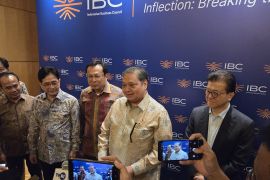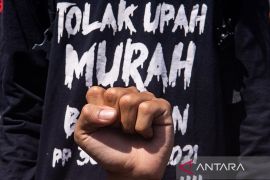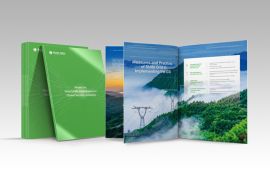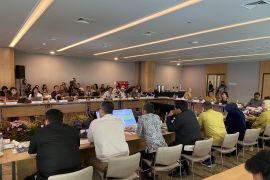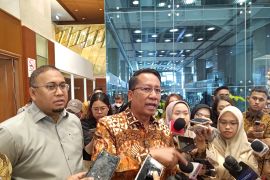Speaking at a seminar themed "SOEs as Engines of the National Economy", Hatta said there were now too many SOEs and this caused them to lack focus while the businesses of many of them overlapped.
"The ideal number is four to five sectoral holding companies handling infrastructure, investment and transportation," Hatta said.
According to the SOEs roadmap`s recommendation from independent consultants, the number of SOEs had been increasing rapidly and becoming inefficient.
The Ministry of State`s Owned Enterprises is planning to conduct a right sizing of the SOEs` number through mergers, privatization, sectoral holding and liquidation to form sectoral holdings with strong and focused management teams.
As an initial step, the number of SEOs by 2014 would be decreased to 78 and finally to 25 by 2025.
In addition, 10 SOEs were now known to be gradually running at a loss , only 131 out of 141 companies were profitable and only 67 were able to give dividends to the state.
"We still have a lot of homework to do because of the 10 SOEs that are continuously losing," Hatta said.
To improve the SOEs` performance, an acceleration program needed to be carried out, whereas the SOEs` overall assets totaled 30 percent of Indonesian`s gross domestic product (GDP).
"I`m sure that our SOE`s assets will reach over 300 trillion rupiah if they are reevaluated. It is a formidable figure and can be of great benefit if used wisely and managed well," he said.
Indonesia`s capital expenditure has already exceeds the state figure of 200 trillion rupiah, or greater than government spending in the state budget.
In fact, if the state can save two percent, then there will be additional funding valued at rp20 trillion to build infrastructure.
Hatta said that SOEs should have allowed to be free to perform actions such as private companies. Only in that way SOE can be a world-class companies.
Currently, the state still limited by various laws and regulations in carrying out its corporate actions. (*)
Editor: Kunto Wibisono
Copyright © ANTARA 2011
